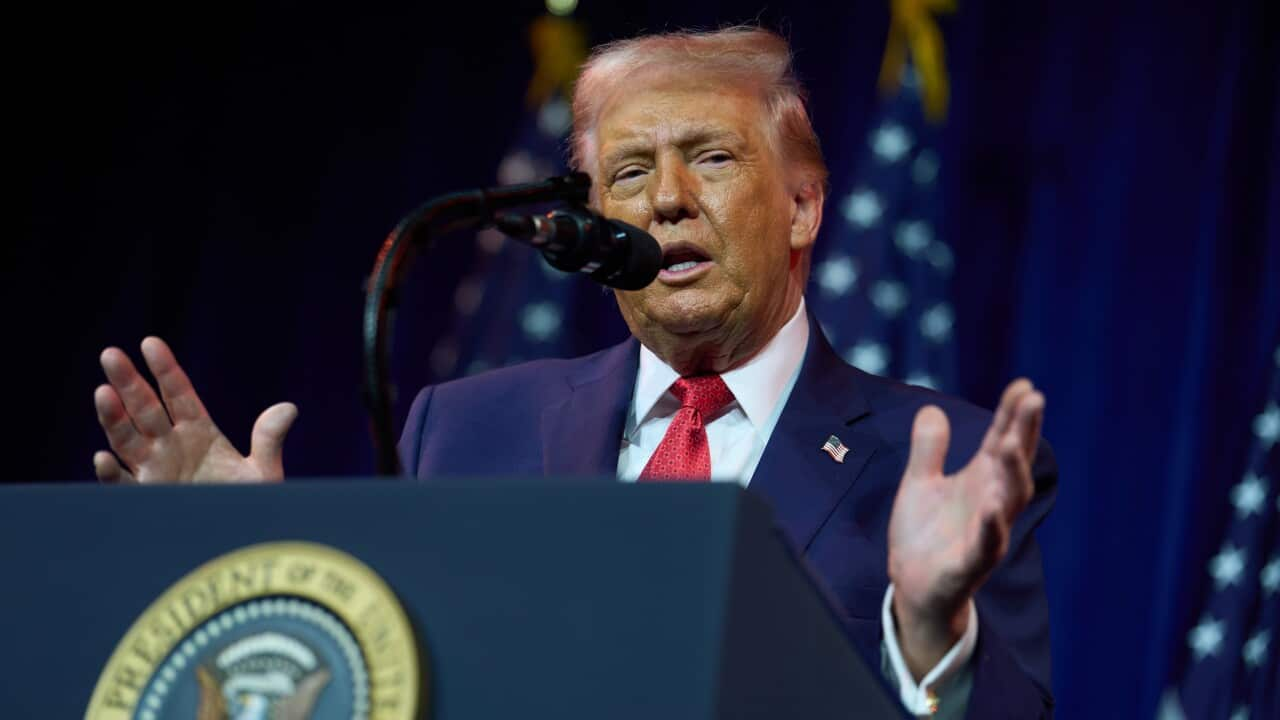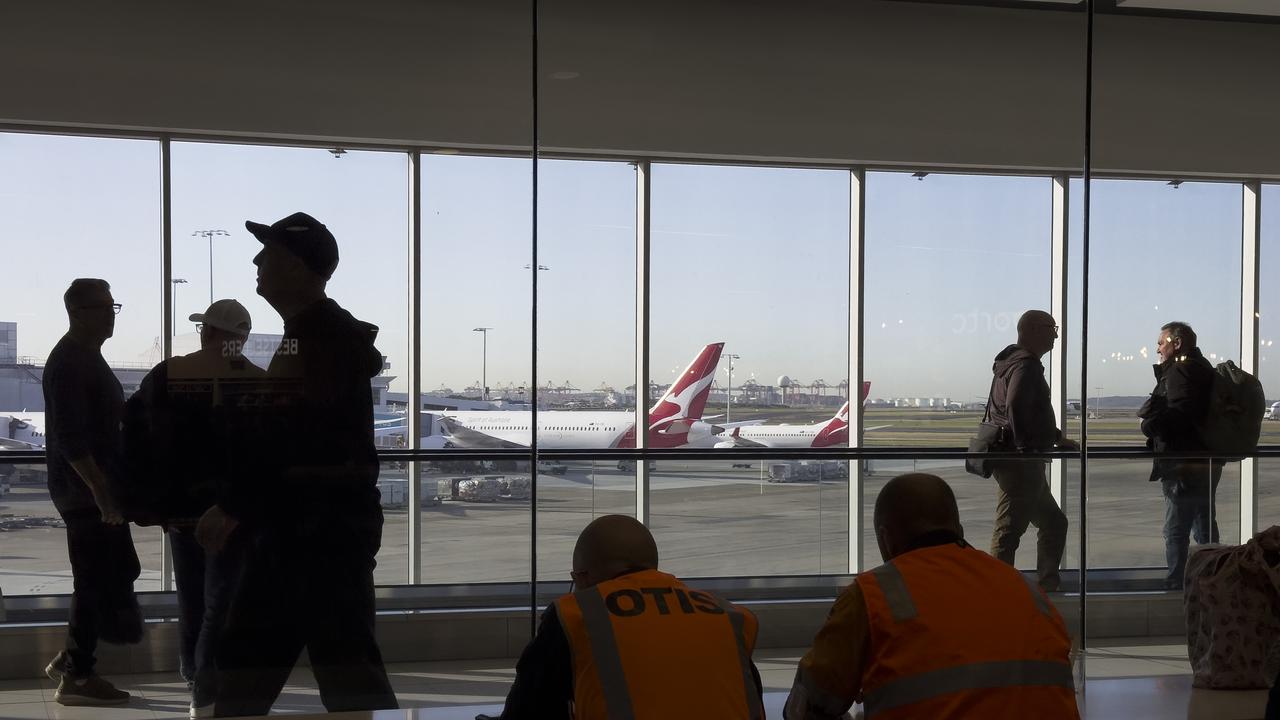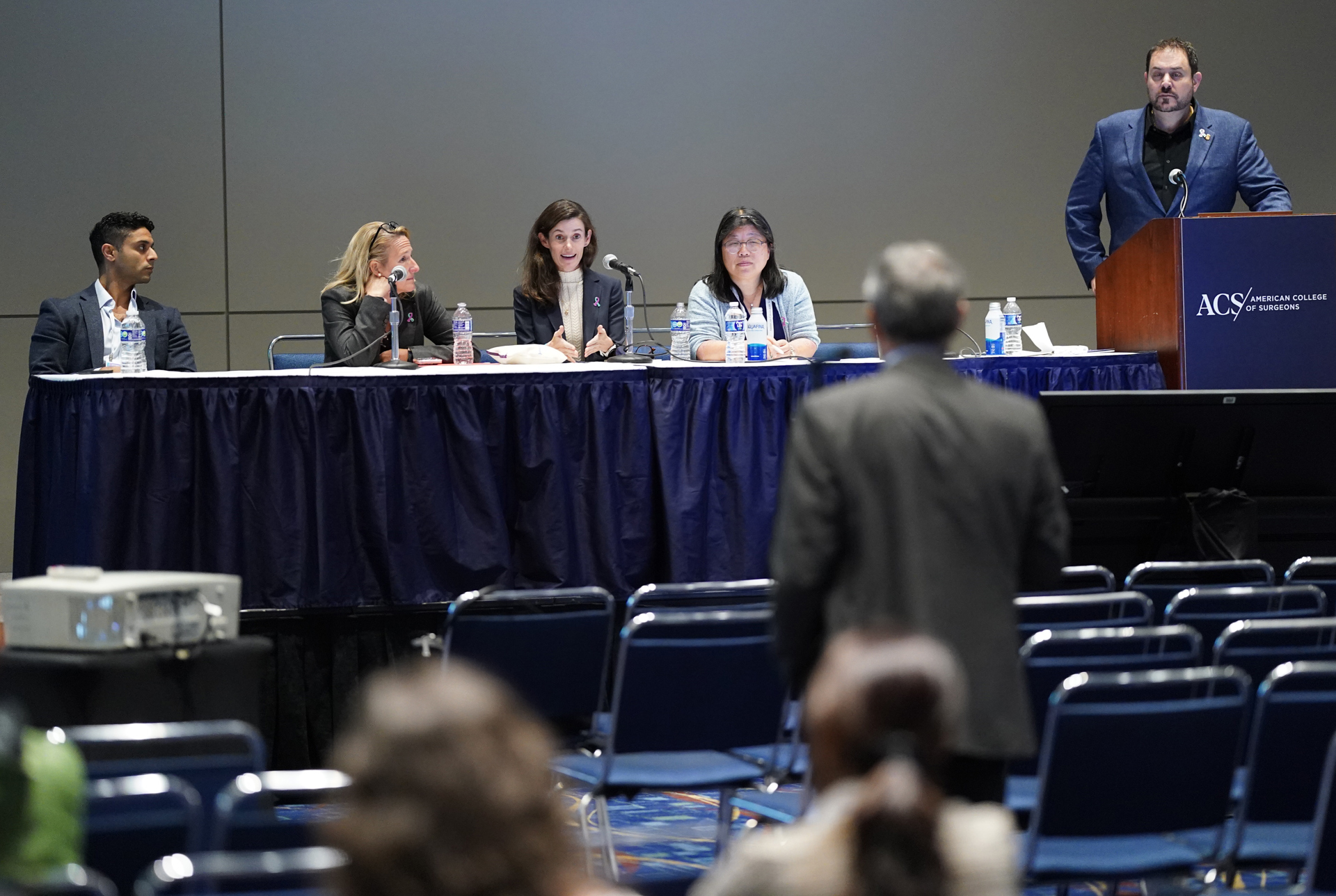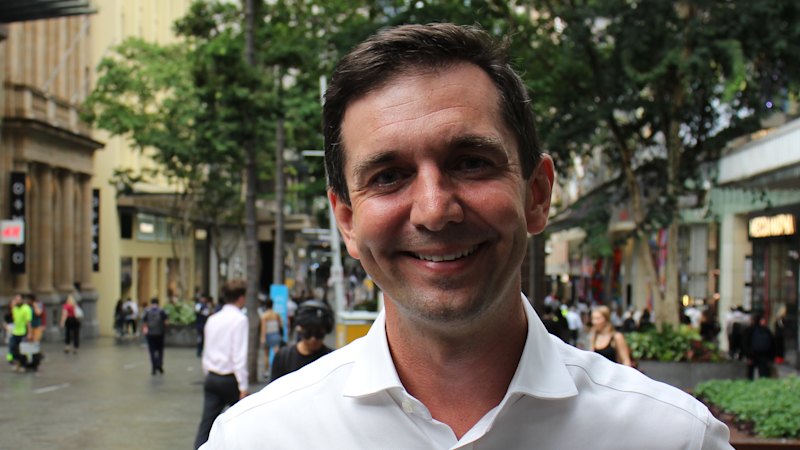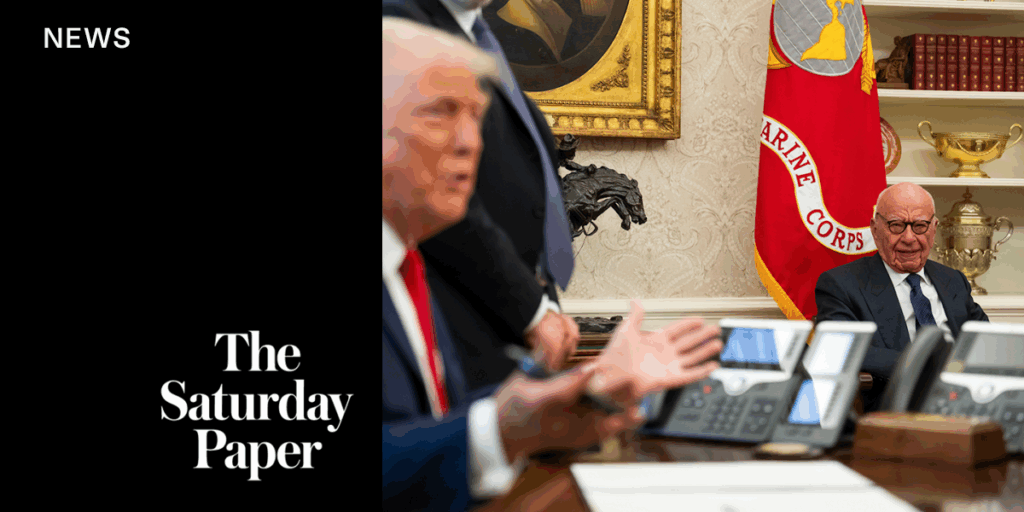
In a move described as “one of the most contentious tech transactions of the decade,” the Trump administration is advancing plans to transfer control of TikTok’s American operations to a domestic consortium. This follows President Donald Trump’s executive order aimed at addressing national security concerns tied to the Beijing-based ByteDance-owned platform.
TikTok, with its staggering 1.59 billion monthly users globally, has been at the center of debates over data privacy and Chinese influence. The app’s reach and potential misuse of personal data have prompted several countries, including Australia, to ban it on government-owned devices, aligning with the United States and other Five Eyes partners.
The Consortium and Trump’s Vision
In the final year of the Biden administration, Congress passed legislation in April 2024 mandating ByteDance to divest its US operations or face a complete ban. President Trump, who has expressed admiration for TikTok, sees this as an opportunity for a strategic takeover. His proposed consortium includes notable US billionaires such as Larry Ellison of Oracle and Michael Dell of Dell Technologies, with the Murdoch family also rumored to be involved.
“I hate to tell you this – a man named Lachlan is involved,” Trump told reporters, referring to Lachlan Murdoch. “Rupert is probably gonna be in the group, I think they’re gonna be in the group, a couple of others. Really great people. Very prominent people.”
Murdochs’ Foray into Social Media
This isn’t the first time the Murdochs have ventured into social media. In 2005, News Corp acquired MySpace for $580 million, only to sell it for a mere $35 million six years later. Denis Muller, a senior research fellow at the Centre for Advancing Journalism at Melbourne University, notes, “TikTok is bigger than MySpace ever was by several orders of magnitude.”
According to Muller, the consortium’s control over TikTok will be significant, especially with Trump’s connections to Larry Ellison and Oracle.
“That combination gives Trump very strong leverage over the consortium that is taking over TikTok US,”
Muller asserts.
Conflict of Interest and Regulatory Concerns
There are also reports of MGX, an AI-focused investment firm backed by the UAE’s state-owned fund, being involved. This firm has financial ties to Trump, having invested in Binance using a stablecoin from Trump’s World Liberty Financial. Muller warns,
“Not only is it a gross conflict of interest on Trump’s part, but it gives him a vast online platform which will have little choice but to conform to whatever he wants it to do or say.”
With a deadline of December 16 for the deal’s completion, specifics around algorithm control and data flow are still being negotiated. The Murdoch family’s involvement raises questions about potential content moderation biases, echoing patterns seen in other Murdoch media outlets.
Trump’s Influence and Media Consolidation
Trump attempted to address concerns about bias, stating, “If I could, I’d make it 100 per cent MAGA-related,” but assured that all groups and philosophies would be treated fairly. David Folkenflik, NPR’s media correspondent, remarked on the financial dynamics, labeling it as
“crony capitalism”
and highlighting the unusual nature of a president directing private transactions.
Folkenflik also pointed out the transactional nature of Trump’s relationship with the Murdochs, despite a recent $10 billion lawsuit Trump filed against Rupert Murdoch. “It takes extraordinary levels of compartmentalisation,” Folkenflik noted, suggesting that both parties are capable of setting aside differences for mutual benefit.
Implications for Media and Politics
The Murdochs’ potential part-ownership of TikTok could extend their media influence significantly, particularly among younger demographics who increasingly consume news on the platform. A Pew Research Center study found that 55% of TikTok users regularly get news from the app, a sharp increase from 22% in 2020.
Looking forward, questions remain about algorithm control, ByteDance’s retained influence, and the transparency of oversight mechanisms. The forced sale, while controversial, positions Trump as tough on China, aligning with his campaign narrative ahead of the 2026 midterm elections.
Akhmad Hanan of the Lowy Institute describes the sale as a victory for Trump, allowing him to appear strong on national security while maintaining TikTok’s popularity among Americans. However, critics argue it sets a dangerous precedent by politicizing corporate ownership.
For Rupert Murdoch, the deal represents a potential resurgence in influence, positioning him within a digital landscape he could scarcely have imagined at the turn of the century. As negotiations continue, the intersection of geopolitics, media, and technology remains at the forefront of this evolving story.


